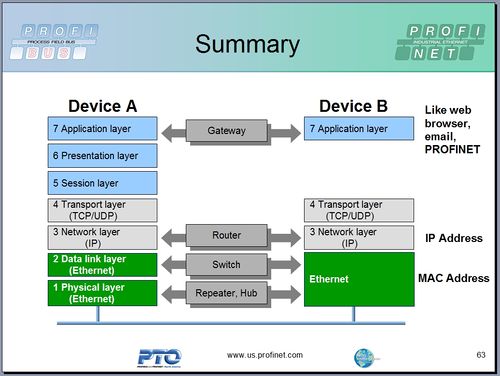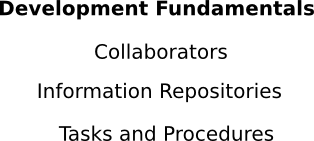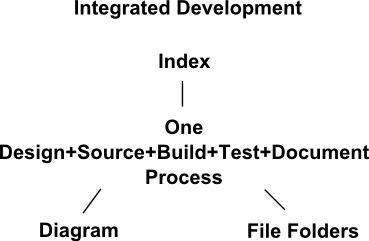Information
Language: English
Numbers
Conversational
Colours
Directions
Simple Tenses
Advanced Tenses
Advanced Sentence Structure and Vocabulary
Mathematics
What are Numbers
First Aid and Safety Procedures
Matter
Matter is Made of Atoms
Atoms have Protons, Neutrons, and Electrons
Chemistry
Atoms Bond Together
Periodic Table of Elements
Thermodynamics
Electricity
Electrons have Electric Charge
Voltage (electrical potential difference) and Current (electron movement)
Conductors
Insulators
Resistors
Capacitors
Inductors
Transistors
Integrated Circuits
Wire Conductor Types and Forms
- NiMH: Set power supply at 1.2V with current limit depending on the battery's capacity (ex. if 2500mAh, then set current limit at 2.5A). For multiple batteries, connect the batteries in parallel then set the current limit based on the battery set's capacity (ex. if 30,000mAh, then set current limit at 30A). Lower current limits are ok, but they will result in slower charge rates; higher current limits are situationally ok- if excessive current is channeled for too long a time, then the battery will overheat.
Surface Mount Assembly General Guide
Footprint Focused Surface Mounting
Linear vs Switched Mode Power Supply
Mechanics
Metric/Imperial Tap Drill Sizes
Do not use paint on friction mount applications (ex. bolts and nuts)
When using sprocket and chain, ensure at least 180 degrees wrap around each sprocket.
Keep in mind that sprocket chains stretch 5%
Tap 1 layer not both out of 2 layers to be fastened
Use big red emergency buttons
Have designated failure points
Have lubrication mechanisms
Dovetails
Dovetails are what they are. The different angles reflect different approaches to the problem of captivating linear bearing elements and obtaining the required function within a minimum number of machined surfaces.
Another consideration is also minimizing the "stack height" of two or more free moving linear bearings that incorporate mechanical strength and stiff operation while providing space for axis drive elements like lead screws, rack and pinion, and the necessary gearing and linkage.
Anyone who has peered in the guts of a later model Kearney and Trecker mill saddle will see a dazzling example of compact design.
As for the "best" angle, apparently anything from 45 to 60 degrees works. We have over a century of experience with all kinds of fancy angles derived from this proposition or that theory. They all work showing us that design, execution, and materials is probably more important to a stiff, strong, durable dovetail slide than some special dovetail angle.
Loads cantilevered off dovetail bearings in the pitch direction tend to spread them. 60 degree dovetails reflect more spreading force to the flanks than a shallower angle. Most DT slides are fully enveloped these days except for knee mills where the Lamb effect lurks to pounce on the man who tries to turn a turret mill into a jig borer.
At one time or another I've made a couple of dozen dovetail slides from scratch usually with a 60 degree dovetail angle for these reasons only:
On a planer: 1- it's an easier swivel for the planer slides - particularly if tool lift hoses or head interferances are a problem. 2- the inside corner is easier to cut, clean out, and relieve for hand scraping. 3 the clapper box angle isn't so tricky.
On a mill: 1- the necessary cutters are stocked in the toolroom. 2- I don't have to swivel any heads.
In practice: 60 degree dovetails are easier to clean and maintain the wipers than smaller angles.
So mostly it's minimizing time and materials.
Materials
Telecommunications
Documentation
Open Tech Organizations
Awesome Open Tech Organizations in the Universe!
Repositories
Databases of Cool Files and Information!
Encyclopedia
Wikipedia: Free Online Encyclopedia
https://en.wikipedia.org/wiki/Main_Page
Lesson-based Education
Khan Academy
Udacity






